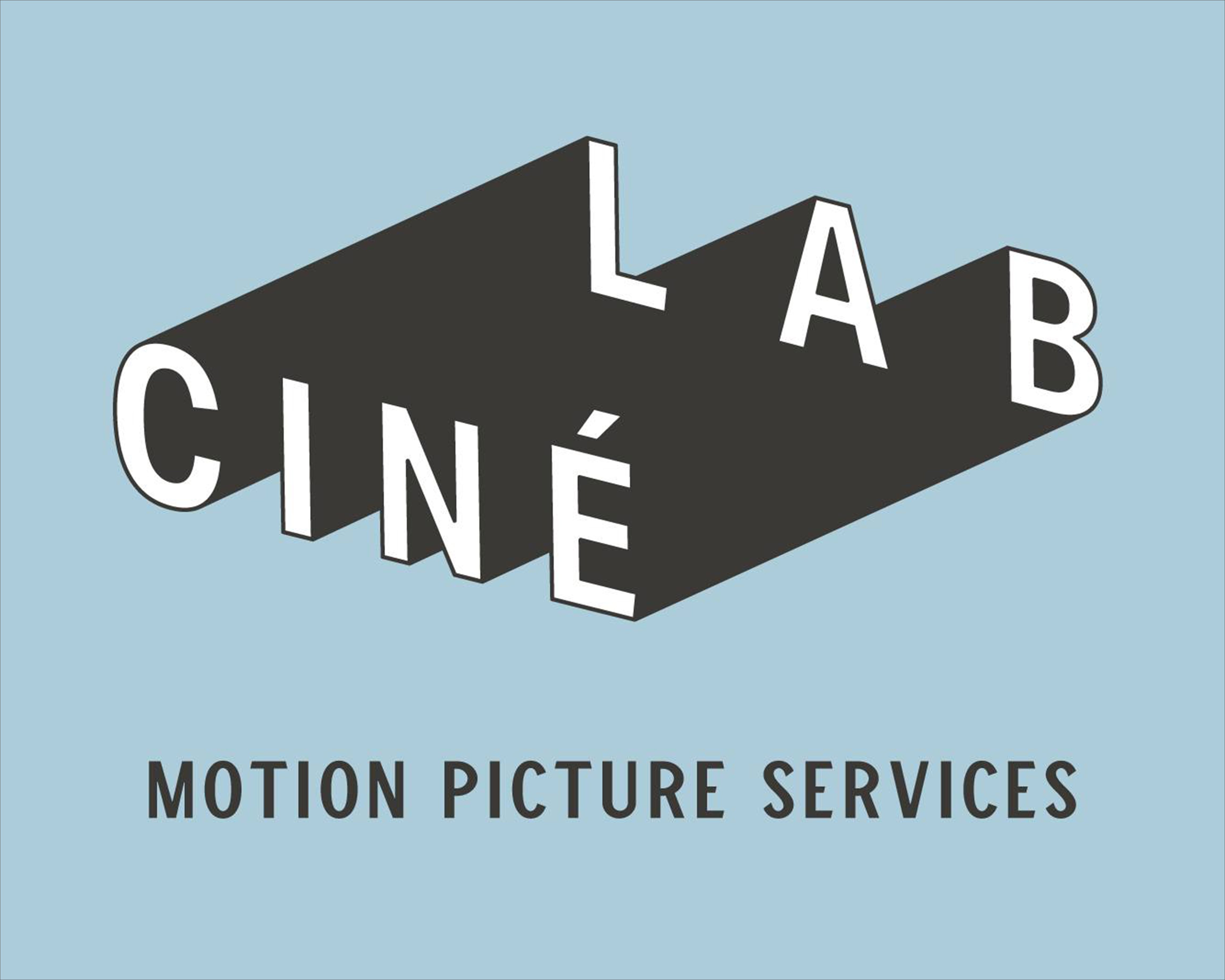David, I've had a concern for sometime now, and I was really interested to hear your thoughts and experience on the matter.
In working with directors on a professional level (i.e. not student films), how often is your role as DP simply a "technical" position in which you do exactly what the director tells you to do? Because I love cinematography, but I'm worried about coming into the business, and then having little/no artistic say in stuff, just carrying out exactly what the director tells me to do... which is a depressing thought. Obviously this varies from director to director, and production to production. But generally, how much artistic control/license do we get as cinematographers? Thanks.
In working with directors on a professional level (i.e. not student films), how often is your role as DP simply a "technical" position in which you do exactly what the director tells you to do? Because I love cinematography, but I'm worried about coming into the business, and then having little/no artistic say in stuff, just carrying out exactly what the director tells me to do... which is a depressing thought. Obviously this varies from director to director, and production to production. But generally, how much artistic control/license do we get as cinematographers? Thanks.







